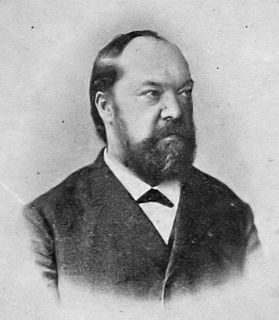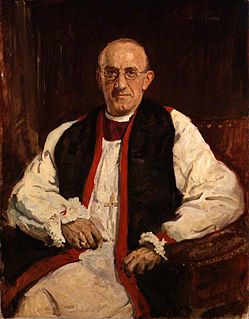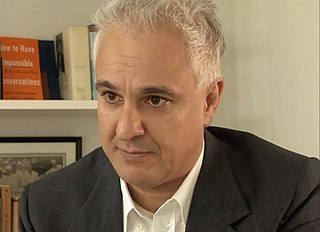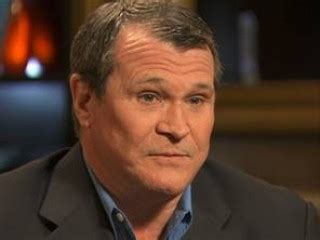A Quote by Charles Maurice de Talleyrand
Without freedom of the press, there can be no representative government.
Related Quotes
The Government's power to censor the press was abolished so that the press would remain forever free to censure the Government. The press was protected so that it could bare the secrets of government and inform the people. Only a free and unrestrained press can effectively expose deception in government.
The so-called liberals of today have the very popular idea that freedom of speech, of thought, of the press, freedom of religion, freedom from imprisonment without trial-that all these freedoms can be preserved in the absence of what is called economic freedom. They do not realize that, in a system where there is no market, where the government directs everything, all those other freedoms are illusory, even if they are made into laws and written up in constitutions.
What is the use of freedom of the press if the government is in possession of all the printing presses, what does freedom of assembly avail if all the meeting places belong to the government? In a society in which there is no more personal and economic freedom, even the freest form of the state cannot make political independence possible.
Liberalism is a creation of the seventeenth century, fathered by British philosopher John Locke (1632-1704). For Locke, liberalism means limited government, the rule of law, due process, liberty, freedom of religion, freedom of speech, freedom of the press, freedom of assembly, separation of church and state, and separation of government powers into branches that oversee each other's authority.
Why should freedom of speech and freedom of press be allowed? Why should a government which is doing what it believes to be right allow itself to be criticized? It would not allow opposition by lethal weapons. Ideas are much more fatal things than guns. Why should any man be allowed to buy a printing press and disseminate pernicious opinions calculated to embarrass the government?
The government being the peoples business, it necessarily follows that its operations should be at all times open to the public view. Publicity is therefore as essential to honest administration as freedom of speech is to representative government. Equal rights to all and special privileges to none is the maxim which should control in all departments of government.
The Press was protected so that it could bare the secrets of the government and inform the people. Only a free and unrestrained press can effectively expose deception in government. And paramount among the responsibilities of a free press is the duty to prevent any part of the government from deceiving the people.
We have our difficulties, true; but we are a wiser and a tougher nation than we were in 1932. Never have there been six years of such far flung internal preparedness in all of history. And this has been done without any dictator's power to command, without conscription of labor or confiscation of capital, without concentration camps and without a scratch on freedom of speech, freedom of the press or the rest of the Bill of Rights.






































